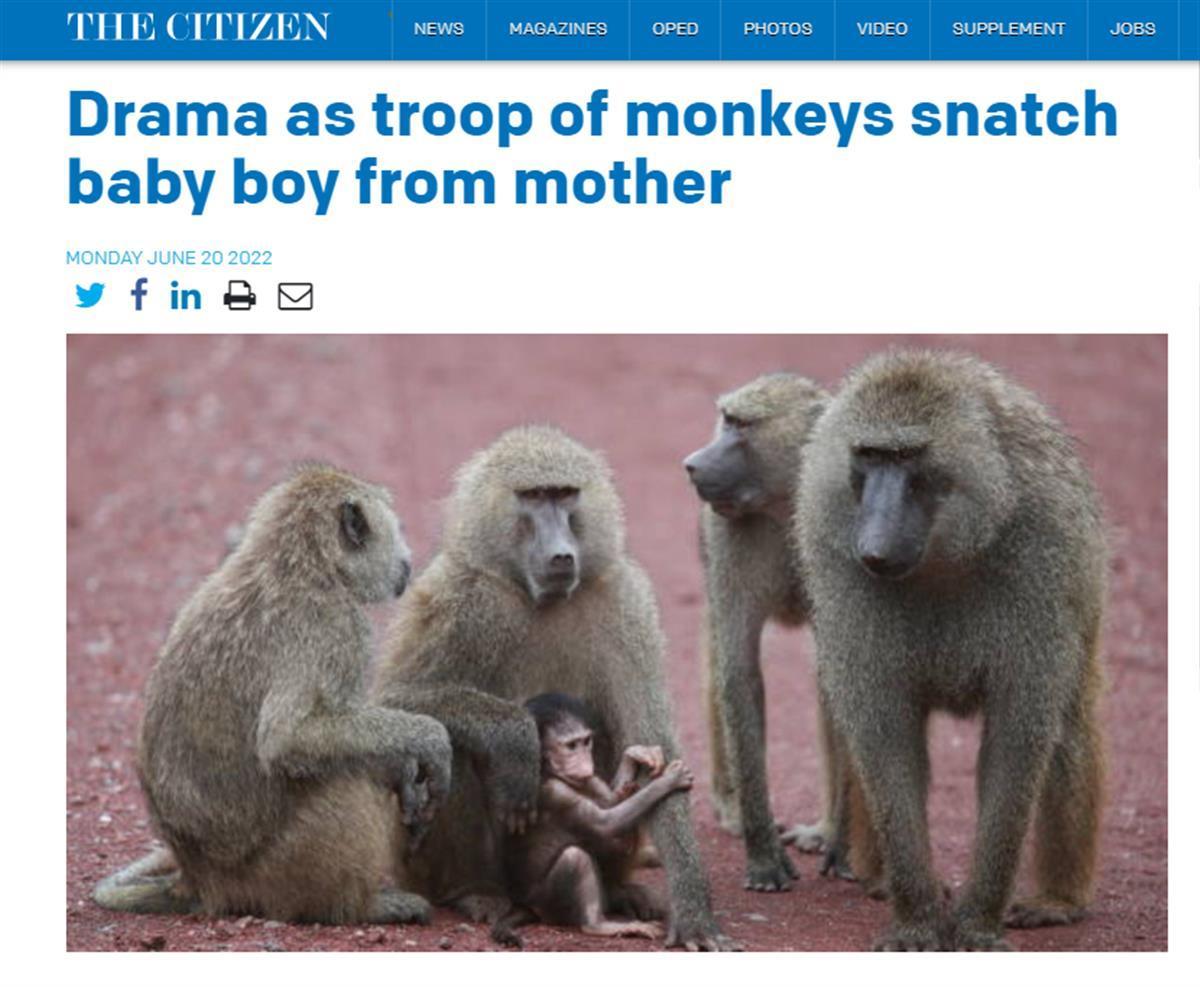Where is the Russian food export card?
Author:Xinhuanet Time:2022.09.09
Xinhua News Agency, Moscow, September 9th (International Observation) Where is Russian food export card?
Xinhua News Agency reporter Geng Pengyu
Russian and United Nations representatives recently met the issues of ensuring that Russia and fertilizer entered the world market in Geneva. The two parties discussed issues such as comprehensively implementing food foreign transportation agreements and eliminating bottlenecks such as Russian food and fertilizer trading. Right now, the export volume of Russian agricultural related products has declined and encountered the problem of "stuck neck" in many links.
Analysts believe that due to Western sanctions, Russia faced many obstacles in banking, insurance and shipping, and Russia could not unblock in the international market. In this case, the tightness of global food supply may be difficult to alleviate, and international grain prices are still under pressure.
Food harvest export drop
The Russian Ministry of Agriculture announced on the 2nd that Russia will continue to fulfill all their obligations to international partners and within the framework with the United Nations, to provide 30 million tons of grain to the foreign market in the second half of 2022 to assist in responding to the global food crisis.
According to the official prediction released by the Russian Ministry of Agriculture earlier, Russia's grain harvest can reach 130 million tons in 2022, of which the wheat output is 87 million tons a record high; 2022-2023 agricultural year, Russian grain exports may reach 50 million tons, of which wheat 39.5 million tons.
Although Russia intends to expand food exports, the actual export data in recent times is not good. The monitoring data released by the Russian Grain Alliance recently showed that the export volume of Russia wheat from July to August this year is the lowest level since the year of 2017-2018. From July 1st to August 21st, Russia exported 6.962 million tons, a decrease of 12%compared with the same period last year.
Edward Zelning, chairman of the Russian Grain Exporter Alliance, believes that the decline in Russian grain exports is affected by the increased exchange rate of the ruble against the US dollar and high export tariffs. On the other hand, the West's comprehensive sanctions on Russia caused Russia's unbroken food to enter the international market, which is also a major reason for Russian grain exports.
Comprehensive sanctions "card neck"
Since the upgrading of the Ukraine crisis, Western countries such as the United States have implemented multiple rounds of sanctions and economic restrictions on Russia, but claiming that sanctions do not involve agricultural production, sales and transportation. However, the Russian Ministry of Foreign Affairs issued a statement on August 26 that there were many obstacles to the Western sanctions on bank settlement, insurance and shipping, and millions of tons of Russian fertilizer and raw materials.
Dmitry Blatov, Chairman of the Russian Food Exporter Alliance, said that Western countries have set up many "hidden barriers" to Russian agricultural exports, such as buyers who refuse to provide bank guarantees and loans to buyers who buy Russia food, refuse to be Russia for Russia The ship provides insurance. These measures are actually limited to export processes, causing Russian exporters to be "stuck neck" in many links. In addition, Russia's food supply is settled through Russian Agricultural Bank of China, and the bank is one of the earliest banks that have been included in the sanctions list to be exported out of the banks of the Global Bank of Financial Communications (SWIFT) system.
Dimitri Relyko, director of the Russian Agricultural Market Research Institute, said that Russian grain exports also face the continuous impact of sanctions. Banks, insurance companies, and shipping companies in Western countries are considering their reputation risks or are worried about being implicated and refused to cooperate with Russia. Therefore, Russia is difficult to find transshipment vessels, and banks are not willing to provide credit for Russian grain exporters. certificate.
International food prices under pressure
In late July this year, Russia and Ukraine signed related agreements with the United Nations in Istanbul, Turkey's city of Black Sea port agricultural products. On the 6th of this month, Russia's permanent representative of the United Nations Vasily Nirjia said that the validity period of the Food Foreign Transportation Agreement was 120 days, which expires in November this year. Considering that some agreements involved in Russia have not been effectively implemented, Russia does not rule out the extension of the refusal agreement.
俄总统普京7日表示,粮食外运协议只是“一场厚颜无耻的骗局”,本以为协议有助于抑制发展中国家不断飙升的粮价,但反而是富裕的西方国家从中受惠,因为大部分Foods transported from Ukraine flow to EU countries, not poor countries that are urgently needed. In view of this, Russia may re -discuss Ukraine's food outflow routes.
According to Russian media analysis, Ukraine is one of the world's important crop exporters. If the food foreign transportation agreement is terminated, it will once again increase the world's grain prices. Michail Hachadutli, an associate professor at the Federal Federal Government Finance University of Russia, pointed out that food and energy have gradually become a political tool for Western pressure on Russia, which will further impact the global food market.
- END -
Tanzania's evil monkeys took a month of big baby boy, and the baby died unfortunately after the baby was sent to the hospital

Jimu Journalist Sun YanIntern Zeng ZhengAccording to BBC 20 days, on June 18, loca...
The U.S. military mistakes throw 5 missiles into the Pacific Ocean: US $ 2.5 million is being salvaged
Overseas Network, July 7th. According to the National Broadcasting Corporation reported on July 5, US Navy officials revealed that on June 17, a MH-60 sea eagle helicopter dropped off and fell into th